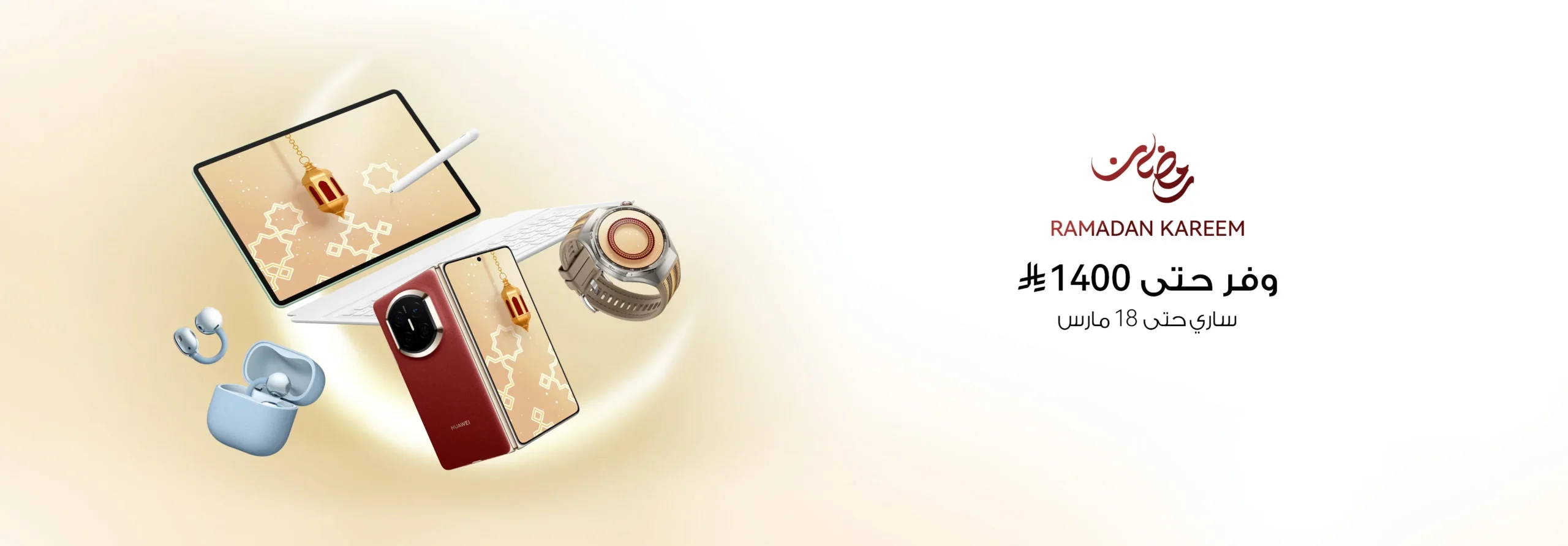Whether you’re looking to update your home’s plumbing or purchasing industrial-strength piping for a big construction project, UPVC pipes have probably appeared in your search. Used due to their strength, affordability, and eco-friendliness, UPVC (Unplasticized Polyvinyl Chloride) pipes are becoming the popular choice in residential and commercial development.
In this article, we will discuss what UPVC pipes are, their key benefits, common uses, how to select the optimal type, and where the market is going in 2025. Stay with us till the end—we’ll assist you in making the right choice according to your specific requirements.
First Things First: What Are UPVC Pipes?
UPVC is Unplasticized Polyvinyl Chloride. Unlike regular PVC pipes, UPVC does not have plasticizers, making it more robust, stiff, and immune to weathering and chemical erosion.
Ponder this:
While regular PVC is soft and mostly used in artistic purposes (such as crafts or furniture), UPVC is the rugged, no-nonsense sibling, engineered for heavy tasks.
Why Do UPVC Pipes Dominate the Construction Industry?
Corrosion Resistance That Will Endure for Years
UPVC pipes are inert to most chemicals, so they are perfect for carrying drinking water or corrosive substances. No rust, no rot.
Light yet Strong
Though strong, UPVC pipes are surprisingly light in weight, making them easy to transport and install, saving labor and time.
Cost-Effective in the Long Term
Low maintenance and long lifetime (over 50 years, some installations remain!) make UPVC piping systems an excellent investment.
Non-Toxic & Safe for Potable Water
UPVC pipes won’t leach toxins into water and thus conform to international health and safety requirements such as WHO.
Excellent Insulator
They’re not an electric conductor, so UPVC makes excellent material for underground cabling protection in addition to piping.
What Are UPVC Pipes Generally Used For?
Water Supply Pipes: Non-toxic, safe, and corrosion-free
Domestic Plumbing: Easy to install and long-lasting
Industrial Fluid Piping: Chemical- and pressure-resistant
Electrical Conduit Piping: Heat- and non-conductive
Irrigation Systems: Weatherproof and long-lasting outside
How to Select the Right UPVC Pipe for Your Project When making a selection from UPVC pipes, think about:
Pressure Ratings: In PN (Pressure Nominal) – the higher PN, the greater the resistance to pressure.
Size of Diameter: 20mm to 63mm is common for residential projects. Industrial use may require much larger options.
Standards Certifications: Check for ISO 1452 or ASTM D1785 to guarantee quality.
Resistance to UV: Not all UPVC pipes are stabilized against UV radiation—select accordingly if intended for outdoor exposure.
Tip: Always cross-reference the pipe specifications with application pressure and environmental conditions.
Market Insight: Where Is the UPVC Pipe Industry Moving?
As per Mordor Intelligence, the worldwide UPVC pipe market is projected to total USD 9.3 billion by 2028, led by Asia-Pacific, Middle East, and African demand for urban infrastructure development.
Green policies focusing on sustainable building materials are also driving the trend towards UPVC, as it is 100% recyclable and has a lower carbon footprint than metal or concrete piping.
Who Should Consider Using UPVC Pipes?
Contractors & Builders
Facilitate bulk plumbing installations with dependable materials.
Homeowners
Planning to renovate your kitchen or bathroom? UPVC is leak-free and trouble-free.
Agricultural Planners
Require cost-effective irrigation? UPVC is resistant to fertilizers and weather.
Facility Managers
Industrial piping systems benefit from UPVC’s corrosion and chemical resistance.
Ready to Upgrade to UPVC Piping?
If you’re in the market for a durable, eco-friendly, and cost-efficient piping solution, UPVC is a smart choice for both short- and long-term projects.
Need expert advice or a free consultation?
Get in contact with approved suppliers or engineering consultants local to your area who can assist you in finding the appropriate type of UPVC pipe and fittings.
Begin your next project with confidence—opt for UPVC. Contact UPVC pipes supplier today.




